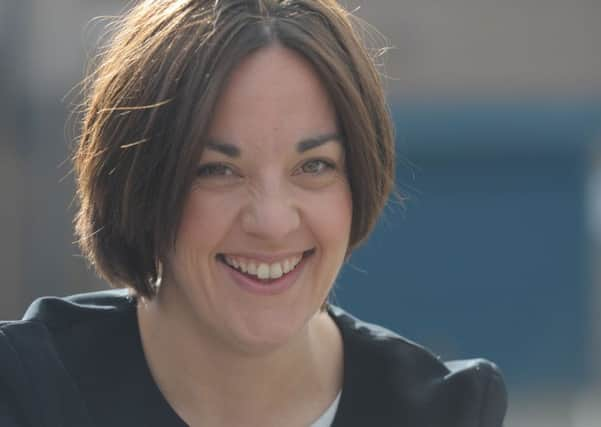Scottish Labour '˜would scrap the council tax' if elected


In a speech on Tuesday Ms Dugdale said that the Labour party’s policy would see two million households pay less tax than the current system, saying: “Labour will abolish the unfair council tax and leave nearly two million households better off, with 80 per cent paying less than they do today.
“Nicola Sturgeon was elected and re-elected on promise to scrap the council tax. After a decade in power and with a majority in Parliament she now wants to keep the council tax instead.
Advertisement
Hide AdAdvertisement
Hide Ad“After ten wasted years and hundreds of millions of pounds of cuts to local services that simply isn’t good enough.
“Labour will make good on the SNPs broken promise and scrap the council tax. We will fix the funding of local services for good. It’s a fair plan which means millions will pay less and those who can afford to will pay a little more.
“The SNP commissioned a report into replacing council tax and then bottled it when it was time to be radical. We have taken that report, and its research, and voters can now choose a fairer alternative to council tax.”
Under new proposals, local taxation would be split into just two bands:
Properties worth £180,000 or less:
Households would pay £450 and a further levy of 0.35 per cent of the property’s value.
Properties worth £180,001 or more:
Households will pay £450 and a further levy of 0.35 per cent. They will then pay 0.9 per cent on the remaining value above £180,000.
The maximum charge would be capped at £3,000, with a cap on year-on-year increases at 3 per cent.